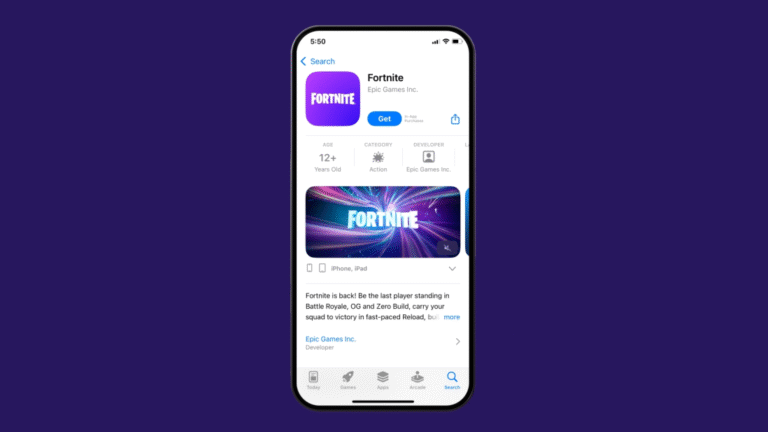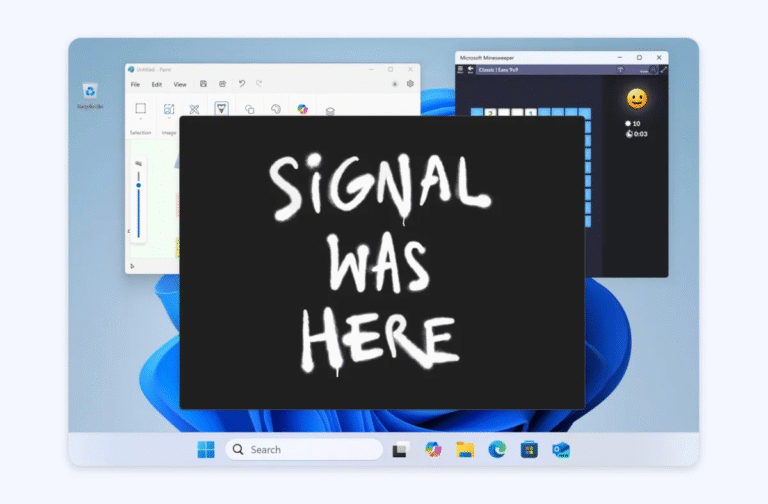The metaverse isn’t owned by a single entity. Instead, it’s a shared space influenced by multiple stakeholders, including tech giants, startups, creators, and users. Here’s a breakdown of the key players:
1. Tech Giants
Companies like Meta (formerly Facebook), Microsoft, and Google are investing heavily in the metaverse. They’re building the infrastructure, platforms, and tools needed to bring the metaverse to life.
Real-Life Example:
Meta has committed $10 billion to its metaverse division, Reality Labs, and is developing VR headsets like the Meta Quest Pro.
2. Blockchain Platforms
Blockchain-based platforms like Decentraland and The Sandbox are creating decentralized metaverse ecosystems. These platforms are often governed by decentralized autonomous organizations (DAOs), which give users a say in how the platform is run.
Expert Insight:
“Blockchain technology is key to creating a truly open and decentralized metaverse. It ensures transparency, security, and user ownership.” – Jane Smith, Blockchain Expert.
3. Creators and Users
In many ways, the metaverse is owned by its users. Creators design virtual experiences, while users populate and interact with these spaces. Without users, the metaverse would be an empty shell.
4. Investors and Corporations
From venture capitalists to fashion brands, investors and corporations are pouring money into the metaverse. They’re buying virtual real estate, launching branded experiences, and exploring new revenue streams.
Research-Backed Data:
According to a report by Citi, the metaverse economy could be worth $13 trillion by 2030, attracting significant investment from both private and public sectors.
The Battle for Control
While the metaverse is a shared space, there’s an ongoing battle for control among its key players. Here’s a closer look at the dynamics:
1. Centralized vs. Decentralized Models
Tech giants like Meta are pushing for a centralized metaverse, where they control the platforms and infrastructure. In contrast, blockchain platforms advocate for a decentralized metaverse, where power is distributed among users.
Real-Life Example:
Meta’s Horizon Worlds is a centralized platform, while Decentraland operates on a decentralized model using blockchain technology.
2. Interoperability
One of the biggest challenges in the metaverse is interoperability—the ability for users to move seamlessly between different platforms. Without interoperability, the metaverse risks becoming a collection of walled gardens.
Expert Insight:
“Interoperability is crucial for the metaverse to reach its full potential. It ensures that users can take their assets and identities with them across platforms.” – John Doe, Tech Analyst.
3. Regulation and Governance
As the metaverse grows, governments and regulatory bodies are stepping in to establish rules and guidelines. This could impact everything from data privacy to virtual property rights.
Implications of Metaverse Ownership

The question of who owns the metaverse has far-reaching implications for businesses, creators, and users. Here’s what’s at stake:
1. For Businesses
The metaverse offers new opportunities for revenue and customer engagement. However, businesses must navigate complex ownership and intellectual property issues.
2. For Creators
Creators have the potential to monetize their skills and content in the metaverse. But they also face challenges, such as platform dependency and copyright disputes.
3. For Users
Users stand to benefit from immersive experiences and new forms of social interaction. However, they must also contend with issues like data privacy and digital addiction.
The Future of Metaverse Ownership
The future of metaverse ownership will likely be a hybrid model, combining elements of centralized and decentralized control. Here are some key trends to watch:
1. Rise of DAOs
Decentralized autonomous organizations (DAOs) will play a bigger role in governing the metaverse, giving users more control over platforms and ecosystems.
2. Increased Regulation
As the metaverse matures, governments will introduce regulations to address issues like data privacy, intellectual property, and virtual property rights.
3. User Empowerment
Users will demand more ownership and control over their digital assets and identities. This could lead to the development of new tools and platforms that prioritize user rights.
Conclusion: A Shared Digital Frontier
The metaverse is a shared digital frontier, shaped by a diverse group of stakeholders. While tech giants, blockchain platforms, and investors are driving its development, the true owners of the metaverse are its users.
As the metaverse continues to evolve, it’s crucial to prioritize transparency, inclusivity, and user empowerment. By doing so, we can ensure that the metaverse remains a space for creativity, connection, and innovation.
So, who owns the metaverse? The answer is simple: we all do.








